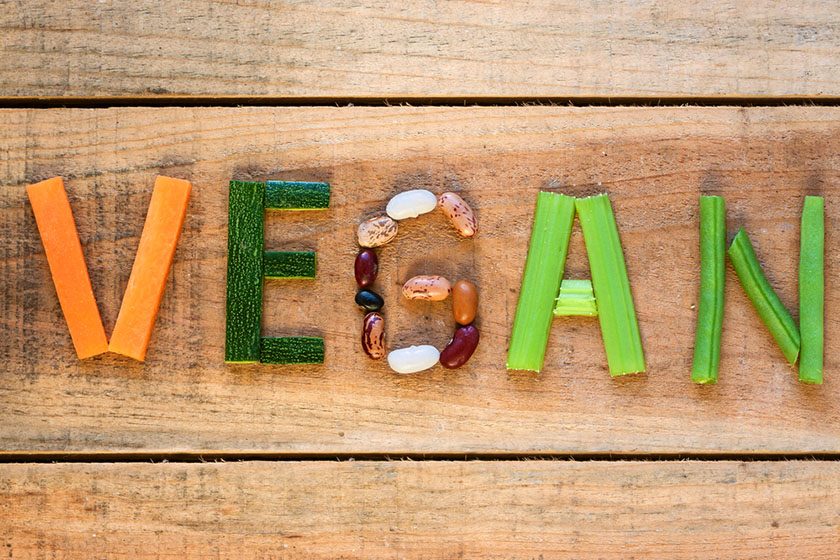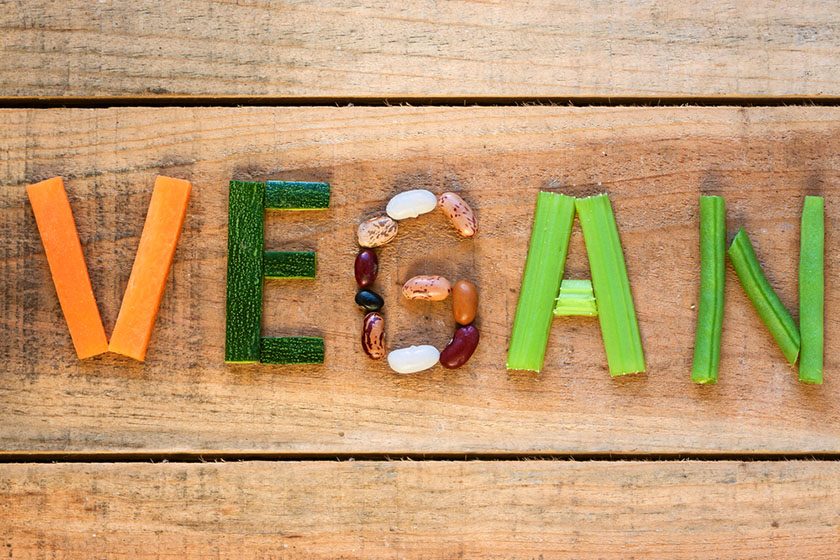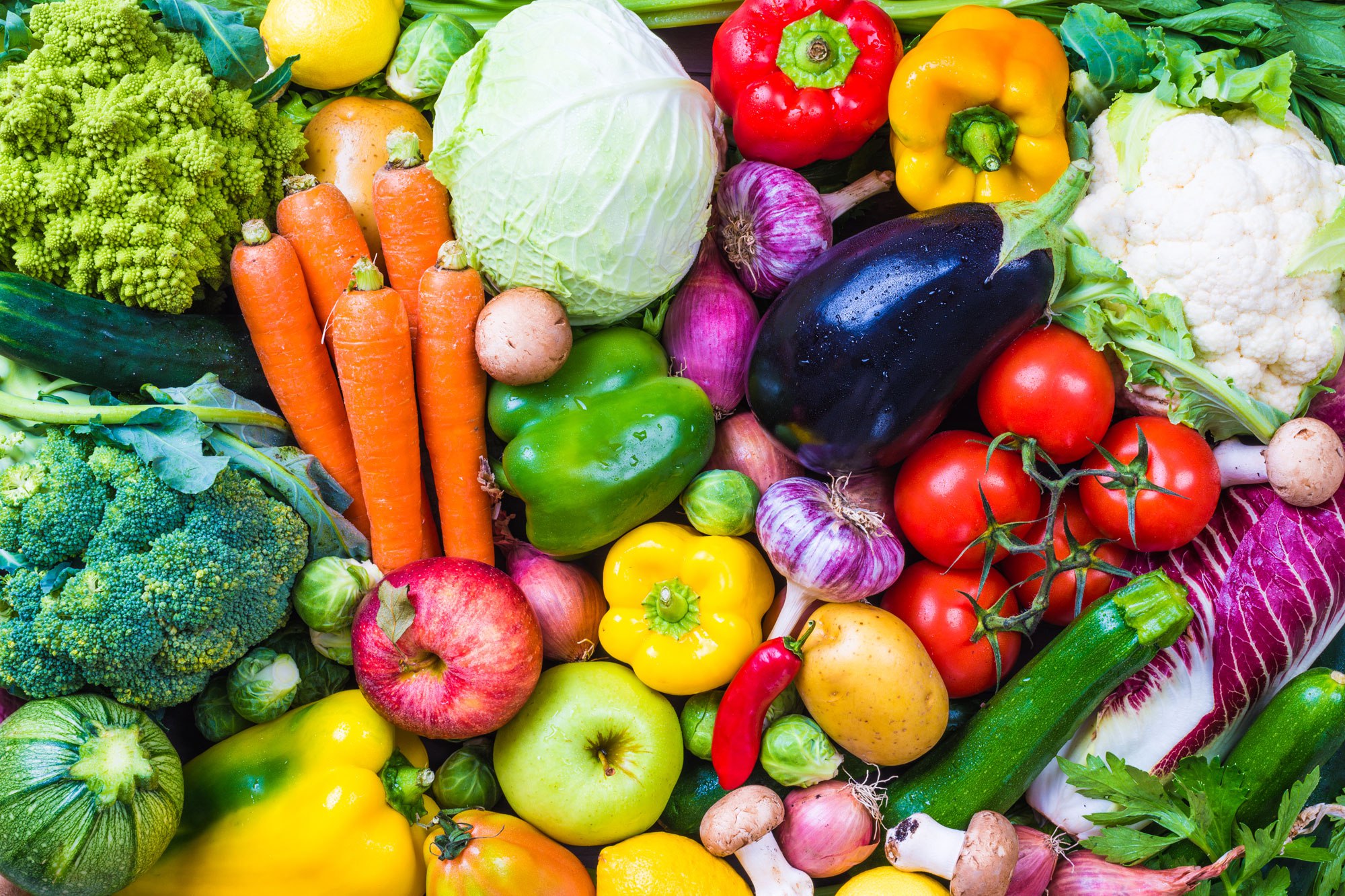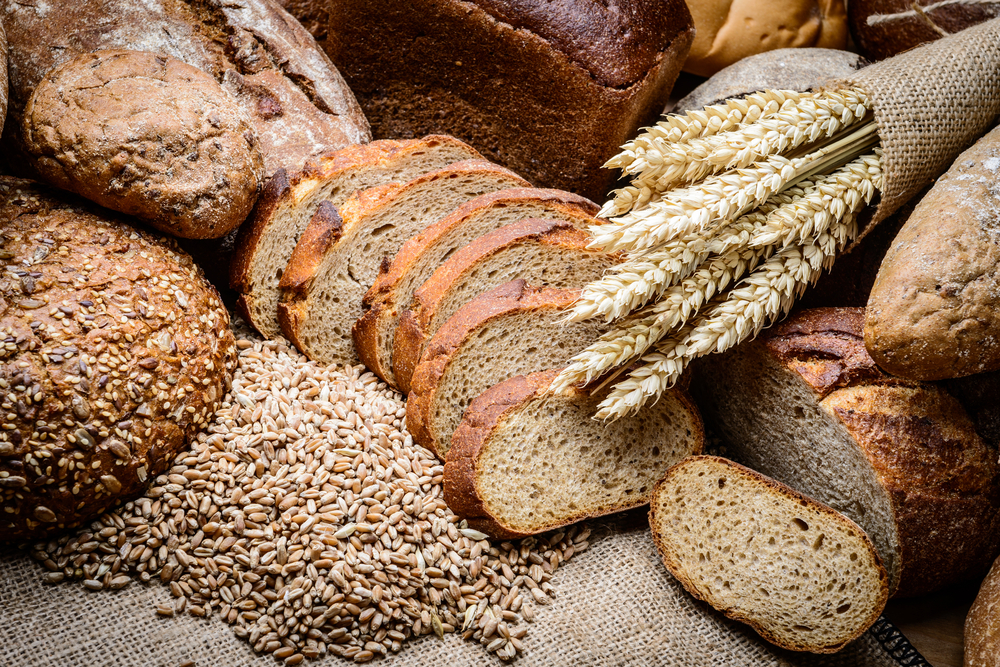What Can Vegans Eat?
Vegan diets are becoming more and more popular. The vegan diet is undeniably healthy and is one of those diets that ensures that you get optimal amounts of fruits, veggies, and superfoods so that your body can thrive the way it was designed to.
While vegan diets are steadily gaining popularity, the diet can be confusing to some.
There are many diets that focus on plant-based eating such as vegetarian diets, pescatarian diets, and then vegan diets. With the different plant-based variations, no wonder it’s confusing!
If you are unsure about what vegans eat, don’t worry. I am about to shed some light on what exactly vegans eat so that you can decide if this is the diet for you.
What Can Vegans Eat?
1. Vegetables: You’re probably thinking duh, of course, vegans can eat vegetables, but vegetables truly are at the heart of a vegan diet.
Now you may be thinking how in the world are you going to get enough calories in only focusing on veggies, but the truth is that it’s entirely possible. When vegans focus on vegetables, they also enjoy complimentary vegan foods to pair with their vegetables. For the most part, a vegan would load their plate up with veggies first and then add in some grains, plant-based proteins, and healthy fats next.
You would be surprised to see that the foods vegans eat can quickly tack on the calories just as a non-vegan diet would. Take for example steamed vegetables with coconut oil. Coconut oil is rich in healthy fat, and calories and is a great way to get the fat soluble nutrients out of the vegetables all at the same time.
2. Fruit: Next up is fruit, and who doesn’t love a delicious piece of ripe, and in season fruit? Since the foods vegans eat is solely focused on plant-based foods, fruits are often used as a healthy and refreshing snack.
All fruits are on the table when following a vegan diet, and pairing a piece of fruit with some nuts and seeds is one of the healthiest snack options you can choose, vegan or not!
3. Grains: Next on the list of foods vegans can eat are grains. It’s important to focus on unrefined grains such as quinoa, brown rice, amaranth, buckwheat, and millet so that you know you are fueling your body with powerful nutrients.
Although white rice and white pasta are considered vegan, just like any other diet, it’s best to focus on the whole grain options when following a vegan diet.
Grains are an excellent part of a vegan diet because they pair wonderfully with steamed veggies, tofu, tempeh, and some healthy fats such as avocados, and coconut oil. Often times vegans will make a quinoa stir-fry with lots of vegetables, or even a vegan pad thai with tofu, and broccoli. The options are endless.
4. Legumes: Beans and legumes are an excellent and important part of a vegan diet. Vegans can eat beans, and more times than not beans and legumes are a central part of a vegan diet.
They are rich in plant-based protein, and fiber making them super healthy options. Vegans generally enjoy black beans, kidney beans, navy beans, pinto beans, chickpeas, and lentils tossed in things like salads, and pasta dishes.
You can even add some black beans to a decadent chocolate smoothie without even detecting the black beans flavor!
Since vegan diets tend to be much lower in protein than diets that include animal products, beans and legumes are an important part of a vegan diet.
5. Superfoods: My absolute favorite food group, superfoods! Although not a primary food group, superfoods should be added into any diet, vegan or not.
Vegans can eat all kinds of superfoods, including things like flax seeds, chia seeds, hemp seeds, goji berries, dark leafy greens, blueberries, and nutritional yeast.
Superfoods help to give the body a boost, and many of them are even cancer-protective. Many vegans enjoy nutritional yeast as a vegan-friendly cheese alternative. Not only is nutritional yeast full of superfood powers, but it is also high in protein, so go ahead and sprinkle this vegan cheese on all of your favorite dishes!
6. Herbs & Spices: Vegans can eat all different types of herbs and spices! Herbs and spices are great complimentary options to just about any dish and they not only improve the flavor of a dish, but they offer powerful health benefits as well. You can try making a vegan style pizza with nutritional yeast, veggies, and fresh basil and oregano.
7. Non-Dairy Options: Many vegans enjoy non-dairy milk, cheese, and butter. Although these should not be the primary focus in a vegan diet, these non-dairy alternatives can be used when you are really missing your favorite cheese or a splash of milk in your coffee.
Many vegans enjoy almond milk, almond based cheese, and even vegan shredded mozzarella. These non-dairy alternatives can be fun additions to your diet when you are making a fancy vegan dish. You can even enjoy coconut based ice cream for when those ice cream cravings kick in!
8. Plant-Based Protein: As stated earlier, protein is an essential part of a vegan diet. If done right, it’s easy to get enough protein into your diet as a vegan; you just have to be sure that you are eating enough of the right foods.
Some plant-based protein options vegans can eat include tofu, tempeh, beans, legumes, nutritional yeast, quinoa, and even plant-based protein powders.
Focus on enjoy whole foods that are naturally rich in protein, and you should not have a problem getting enough protein into a vegan diet!
There are countless food options when enjoying a vegan diet. The stereotype that vegans only have a handful of foods that they can eat is far from the truth!
Explore whole and natural foods that are free from animal products, and you may be surprised to see just how many combinations of foods you can make!



